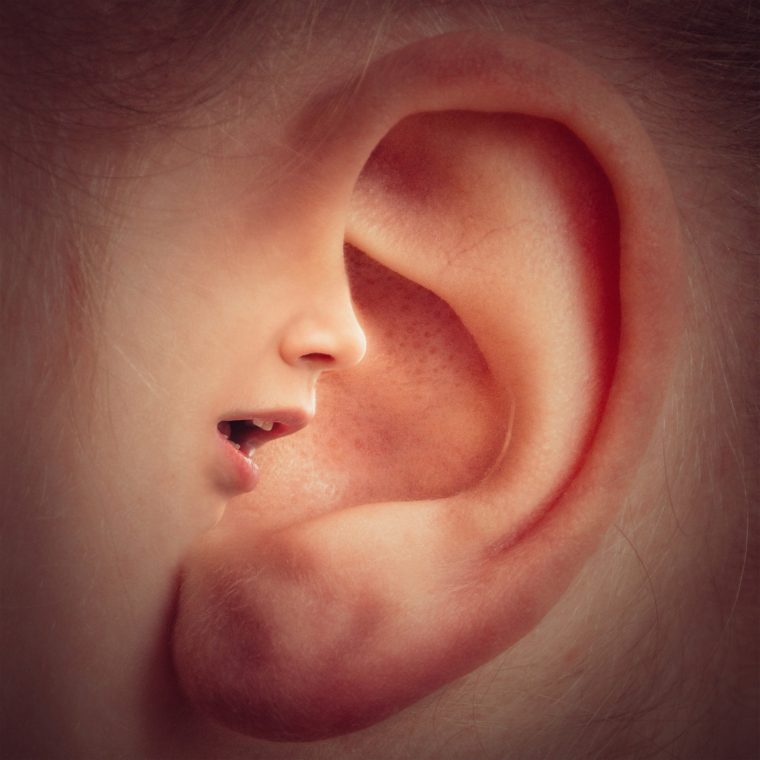If children are dyslexic, life can be hard. They have to deal with all the stress of daily tasks in a world that isn’t built for people like them.


Today, I continue to put a megaphone to my voice to help children with dyslexia get the support they need to succeed – from parents, teachers, and everyone with whom they come into contact.

Most dyslexic people have strong visual/spatial abilities and weak auditory skills. How does that translate to real-life and living?
One important area that has significant consequence in childhood is following directions. This requires accessing of linguistic information presented in different forms.
Because this learning and thinking difference occurs on a spectrum, the level of difficulty following directions will vary from one dyslexic to another.
Some children have poor sight-word recognition but they are able to process language adequately. They understand phonics and apply it to reading, but have memory problems that translate to, among other things, following verbal or written directions.
Others have trouble processing language but are able to recognize sight words, so they rely on sight words when they see unknown words but are unable to sound them out. These children take mental pictures of word patterns and are able to read. These are the children who say “the” for any word that has that letter combination in it, like, their, there, them, they, etc.
Then there are those children with a mixture of the two. Their difficulty is a combination of the two experiences above.
In a very short video clip, Nessy illustrates how a child may appear to be lazy when, in fact, he has forgotten a direction given. Check it out here.
Instead of slapping labels on children who have difficulty following your directions, or punishing them for “deliberately” disregarding your instructions, seek ways of making the direction as easy as possible to visualize.
How have you felt when you could not remember all the instructions given to you or were distracted by something, then forgot directions you were following?
When asked what does our ears do, many people will say that they hear.

Did you know that hearing is not the ear’s only function?
Most of the sensory energy transferred to the brain goes through the ears. They:
In addition to all of that good stuff, the ears are interconnected with several levels of the brain and act as a double antenna through which it receives messages from the body and the environment.
So, you can see, your ears are your link to your inner world and the outside world.
What is listening?
Merriam-Webster defines it as paying attention; hearing something with thoughtful attention.
This definition denotes that listening is an active process through which we make sense of, evaluate and respond to what we hear.
On the other hand, hearing is passive – once the hearing mechanism is physically intact, sound enters the ears and travels along the auditory pathway to the brain, where the sound waves are changed to electrical signals and given meaning.
Listening, therefore, brings harmony within us, as well as in our relationships with others. When listening does not develop in a satisfactory manner, the harmony is broken and good communication is sabotaged.
Although some generate good results with sustained effort on the part of the child, many of the programs promoted as interventions for the reading difficulties experienced by dyslexics are minimally effective.
While there is efficacy in practice, considering Herman Ebbinghaus’ work on memory (without context, about 50% of what is heard is forgotten within 1 hour), most remediation programs include multiple repetitions of instruction with lots of drill and practice, without any work to eliminate underlying issues with foundational skills, like listening.
I have not read any scientific or academic research studies, which looked at improving listening as an avenue for alleviating reading difficulties, but I have my own anecdotal experience. As mentioned in my previous post, when my dyslexic daughter completed The Listening Program, her singing voice improved (the voice can only produce what the ear can hear). In addition to that, she demonstrated better attending skills. This led to increased success in learning and communication.
Have you or any of your children experienced any form of auditory stimulation?
Albert Einstein is credited with the statement, “Everyone is a genius. But if you judge a fish by its ability to climb a tree, it will live its whole life believing that it is stupid.” Do you have a child who does not seem able to carry out simple directions you give her yet appears brilliant in many ways? This may be perplexing, but there is a reason.

One day, I was brainstorming ways of solving a problem and didn’t realize that I was thinking out loud. All of a sudden, I heard a suggestion that would resolve the matter. Simple yet logical. I whipped around to find my 8-year-old daughter nearby.
“Wow! How did you know that?” Without skipping a beat, she replied, “God told me.” That response became the norm whenever she provided answers to my audible questions. Her little mind could not explain how she so easily perceived solutions that were taking her mom so long to figure out.
Not long after that occasion, I directed her to carry out a task. When I went to check, she had done something totally different from what I intended.
This was not the first time she had not followed my directions. And it did not seem intentional.
I became more and more perplexed by the frequency with which this occurred. Thus, began a search that led me to studies and discussions that described what my daughter may have been experiencing.
Dyslexia Australia explains the phenomenon quite simply in the video below.
I did my best not to be a screaming and condemning mom, but as I reflected on frequent occurrences of her misinterpreting my instructions, I realized that my tone of voice may have caused my child to think she was stupid.
In our conversations today, we often reminisce about her school years. Although she is now a successful young adult, she still carries many painful memories of statements made by teachers who did not understand that her brain worked differently from her classmates.
It pains me to think that there are hundreds of thousands of children who are misjudged, maligned, and even mistreated because they think and learn differently from the majority of their classmates.
That’s why my passion is to help parents of dyslexic children decrease the frustration, cut the overwhelm, and move their children from struggle to success…in school and life.
If you know a dyslexic child who’s challenged by being taught in an educational system that does not acknowledge her different way of learning, share some of the difficulties she is experiencing.